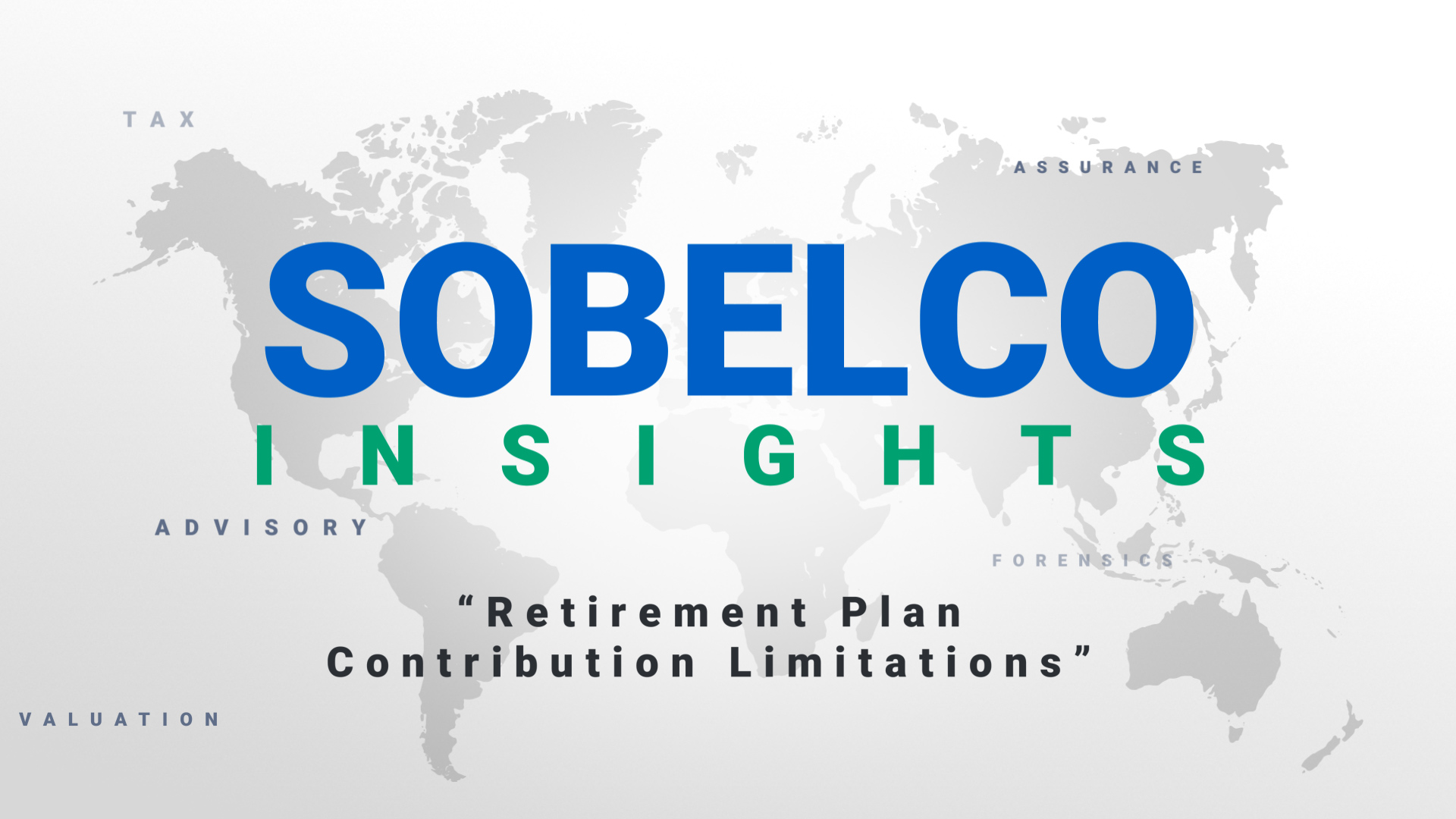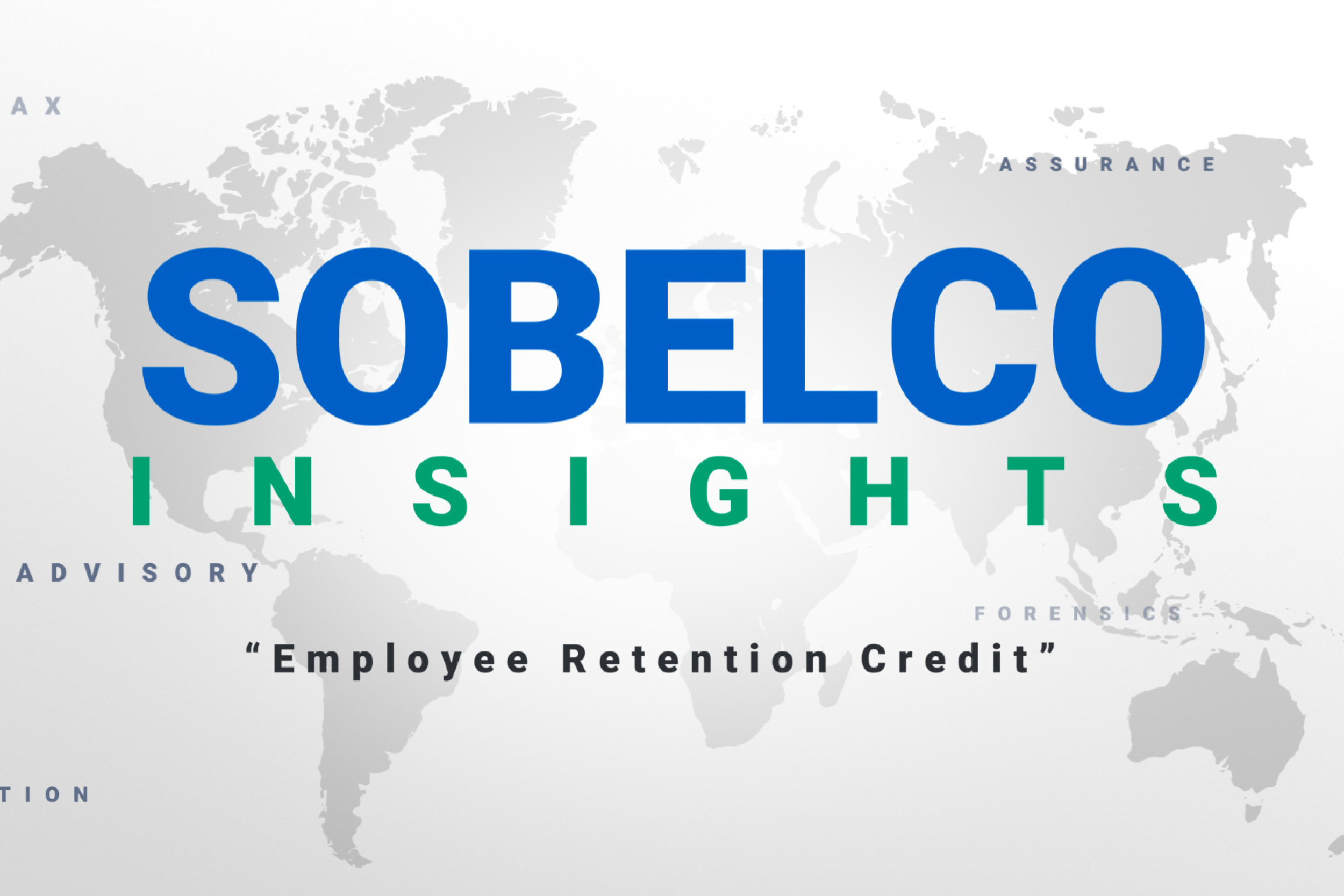
When it comes to the adoption process in the United State, it can be expensive. But fortunately, there is an adoption tax credit that can help offset some of the expenses. It is important for taxpayers who adopted a child, or started the adoption process, in 2020 to review the rules for receiving this credit.
Tax benefits for adoption include both a tax credit for qualified adoption expenses paid to adopt an eligible child and an exclusion from income for employer-provided adoption assistance.
Here are some facts to help understand the credit and to learn how to claim it when filing taxes:
- The maximum adoption credit taxpayers can claim on their 2020 tax return is $14,300 per eligible child. If the taxpayer and someone other than a spouse each paid qualified adoption expenses to adopt the same child, the $14,300 credit must be divided between the two of them.
- There are income limits that could affect the amount of the credit.
- For tax year 2020, the modified adjusted gross income (MAGI) phase-out begins at $214,520 and ends at $254,520. Thus, if (MAGI) the amount is below $214,520 for 2020, your credit or exclusion won’t be affected by the phase-out. If the MAGI amount for 2020 is $254,520 or more, the credit or exclusion will be zero.
- Taxpayers should complete Form 8839, entitled “Qualified Adoption Expenses” in order to calculate how much credit they can claim on their tax return.
- A child eligible for adoption must be younger than 18 years. If the adopted person is older, they must be physically or mentally unable to take care of themselves.
- The adoption credit is non-refundable. This means the amount of the credit is limited to the taxpayer’s taxes due for 2020. Any credit leftover from their owed 2020 taxes can be carried forward for up to five years.
Qualified adoption expenses:
For both the credit and the exclusion, qualified adoption expenses include:
- Reasonable and necessary adoption fees.
- Court costs and legal fees.
- Adoption related travel expenses, such as meals and lodging.
- Other expenses directly related to the legal adoption of an eligible child.
- Expenses may also qualify even if the taxpayer pays them before an eligible child is identified. For example, some future adoptive parents pay for a home study at the beginning of the adoption process. These parents can claim the fees as qualified adoption expenses.
It is key to note that qualified adoption expenses don’t include costs paid by a taxpayer to adopt their spouse’s child.
For further information or to discuss a specific adoption situation, please email mariana.moghadam@sobelcollc.com.


